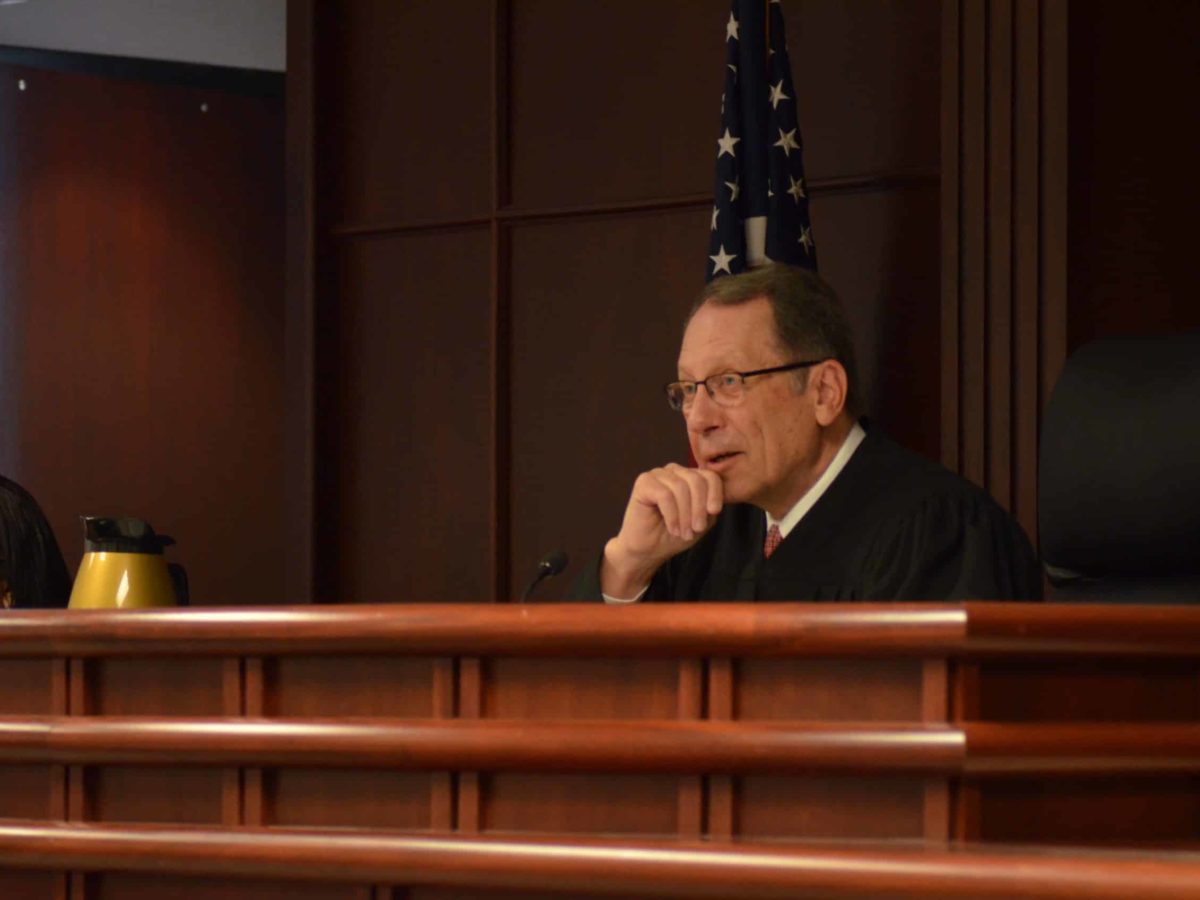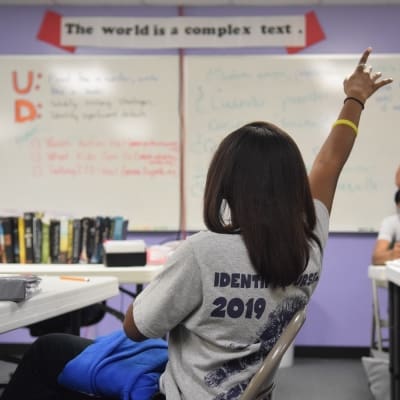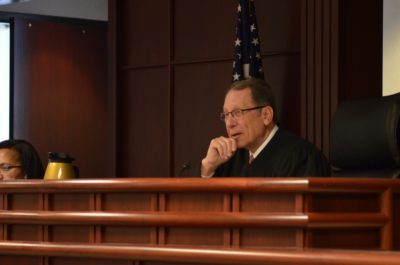
The fiscal year 2021 action plan in the Leandro case was filed yesterday, setting the stage for the state to start addressing the concerns raised in the long-running case over the next year.
The Leandro case has been a long-running theme in North Carolina education since 1994 when families from five low-wealth counties sued the state, claiming North Carolina was not providing their kids with the same educational opportunities as students in higher-income districts. The State Supreme Court ultimately said that the state’s children have a fundamental right to the “opportunity to receive a sound basic education” and that North Carolina had not lived up to that constitutional requirement.
Both sides in the Leandro case agreed back in 2017 that an independent consultant should be chosen to make recommendations on how the state can ensure quality education for every North Carolina child.
That consultant was WestEd, and the organization released a report in late 2019 that laid out how the state can ensure that all students in North Carolina have the opportunity for a “sound basic education.”
A consent order followed, signed by Judge David Lee, that lays out the general agreement of all parties as to the facts of the case, the findings and recommendations of the WestEd report, and the need to do something further to meet the Leandro mandates. It also establishes a plan for the parties to present further reports detailing concrete steps the state will take to meet the short-, middle-, and long-term recommendations of the WestEd report.
Back in January, when the consent order was issued, Lee was supposed to receive a report on how to deal with short-term plans in 60 days. That deadline was ultimately delayed until June 15.
House Democrats have filed two bills aimed at addressing recommendations related to Leandro. In a press conference Tuesday, they talked about the importance of the bills.
“We must fight to ensure that all children have access to a great education and our teachers are treated and respected as professionals,” said Rep. Rosa Gill, D- Wake, a former educator.
HB 1129: Ensure a Sound Basic Education would appropriate $2.1 million in recurring funds so that the state Department of Public Instruction (DPI) can expand the Advanced Teaching Roles Program and $600,000 in recurring funds to set up an Office of Equity and Oversight at DPI.
The bill also includes a number of policy changes, including changing the makeup of the formula that determines the state’s school performance grades, aligning the calendar of school districts with community colleges, and establishing an opportunity gap task force.
Another bill, HB 1130: Invest in a Sound Basic Education, would appropriate more than $139 million for a variety of items, including:
- $5 million nonrecurring to expand the School Connectivity Initiative
- $27,529,464 in additional recurring funds to meet the needs of children with disabilities
- $4.7 million in nonrecurring funds to DPI to help with turning around continually low-performing schools
- $2,987,000 in additional recurring funds for the North Carolina Teaching Fellows Program Trust Fund
- $1.5 million in additional recurring funds for the North Carolina New Teacher Support Program
- $10.5 million in recurring funds to increase the reimbursement rate for slots for the NC Pre-K program
- $10 million in recurring funds that would ultimately go to Smart Start local partnerships
- $3 million in recurring funds to increase recruitment and retention of quality early childhood educators
“Our state isn’t living up to our constitutional obligations,” said Rep. Julie Von Haefen, D-Wake, during the press conference, adding later: “We must ensure that each and every child regardless of their race, ethnicity, or neighborhood can benefit from great learning environments.”
She said the biggest problem with education in North Carolina is the lack of resources from the state.
Both bills have been referred to the House rules committee.



